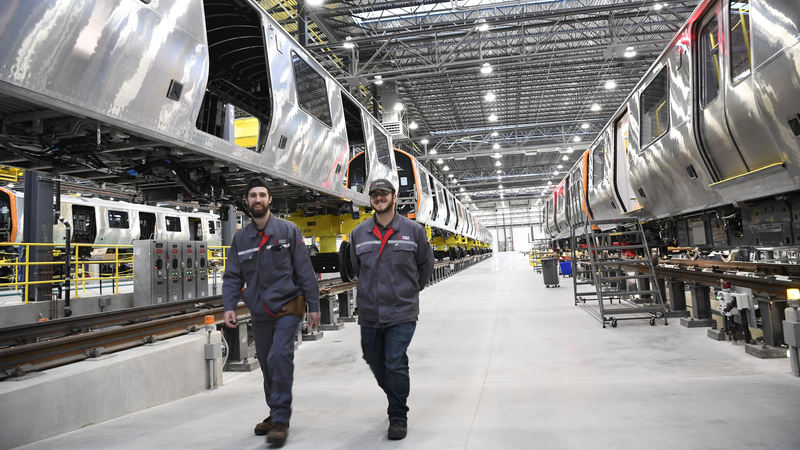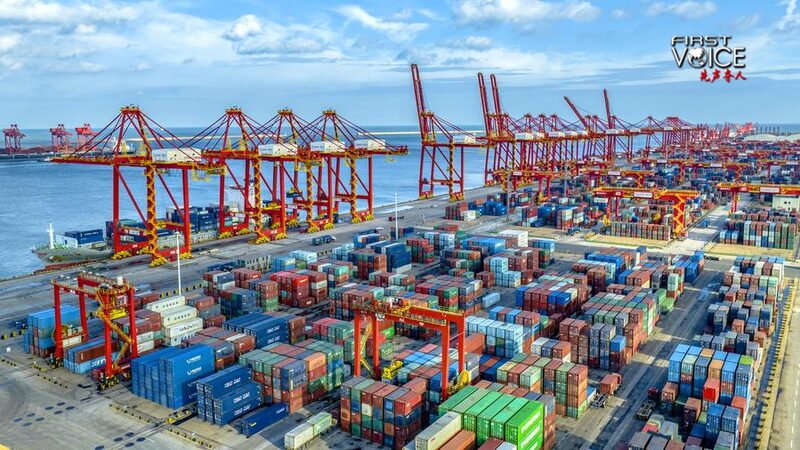Two decades after China joined the World Trade Organization (WTO) in 2001, economists are reexamining the narrative of "lost American jobs" through a nuanced lens. While the U.S. manufacturing sector shed 3.9 million positions since then, broader labor market trends reveal an economy in transition rather than decline, according to analysis by Anthony Chan, former JPMorgan Chase chief global economist.
The Numbers Behind the Shift
U.S. non-farm payrolls grew by 27.4 million jobs post-2001, with healthcare and social assistance sectors alone adding 7.9 million roles. Professional services, education, and logistics also saw significant growth, counterbalancing industrial losses. "The economy didn't collapse – it changed," notes Chan, emphasizing adaptive workforce trends.
Beyond Binary Narratives
The commentary challenges simplistic views of globalization's impact, arguing that automation and domestic policy choices played comparable roles to trade dynamics. Chan suggests sustained economic evolution requires continuous workforce retraining and sector diversification strategies.
(Analysis reflects the commentator's views and not necessarily those of CGTN.)
Reference(s):
China's WTO entry didn't kill American jobs – it changed them
cgtn.com








